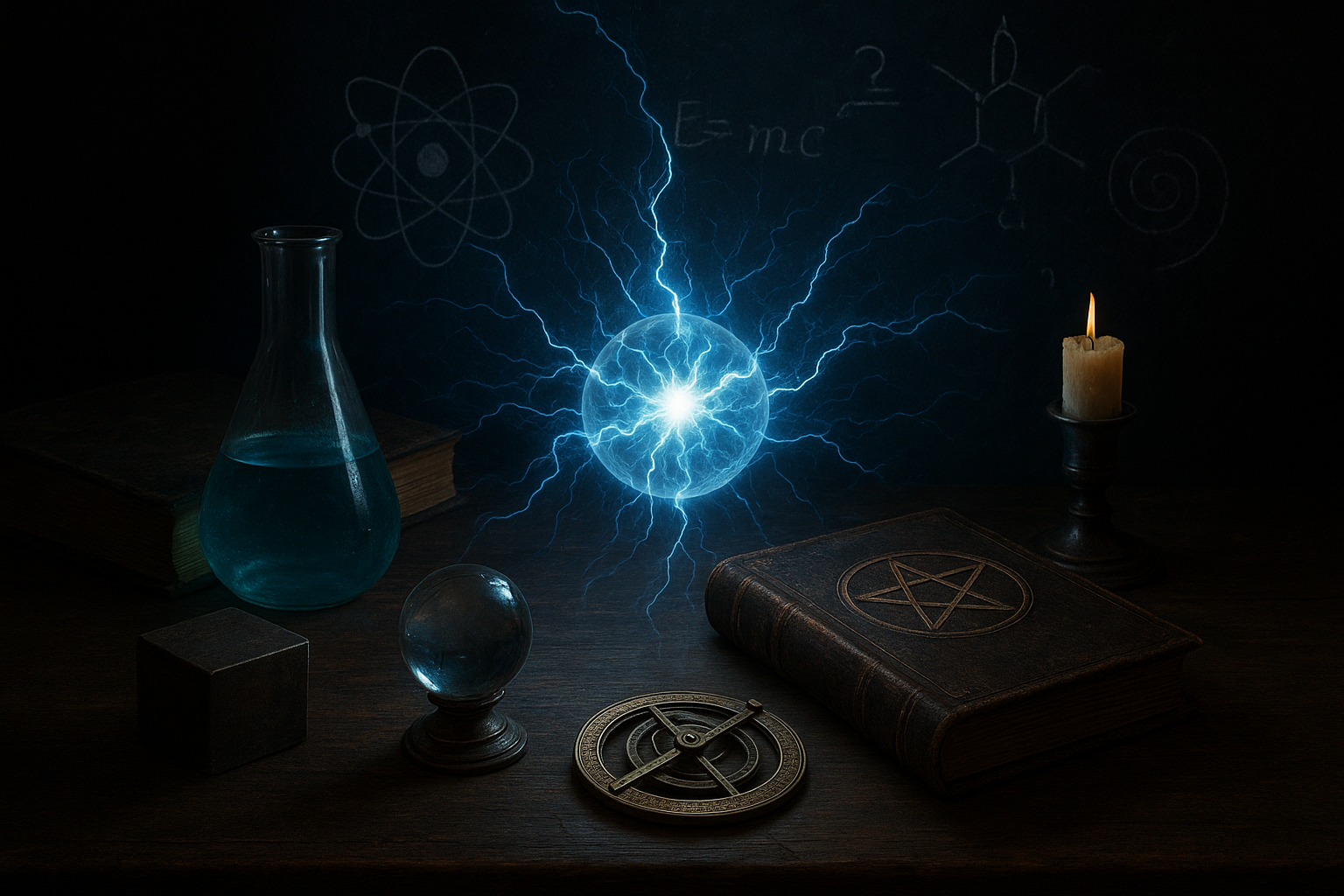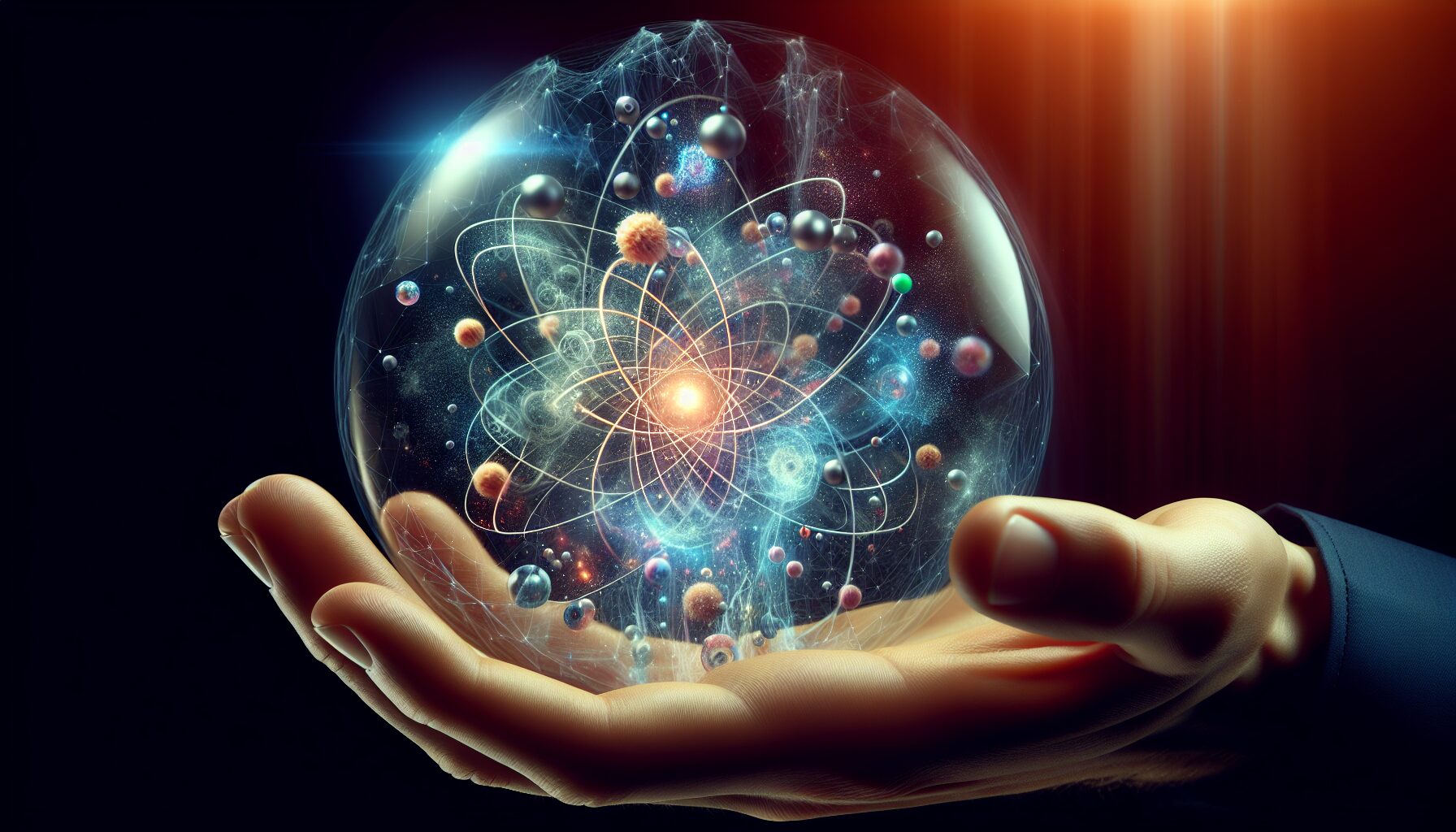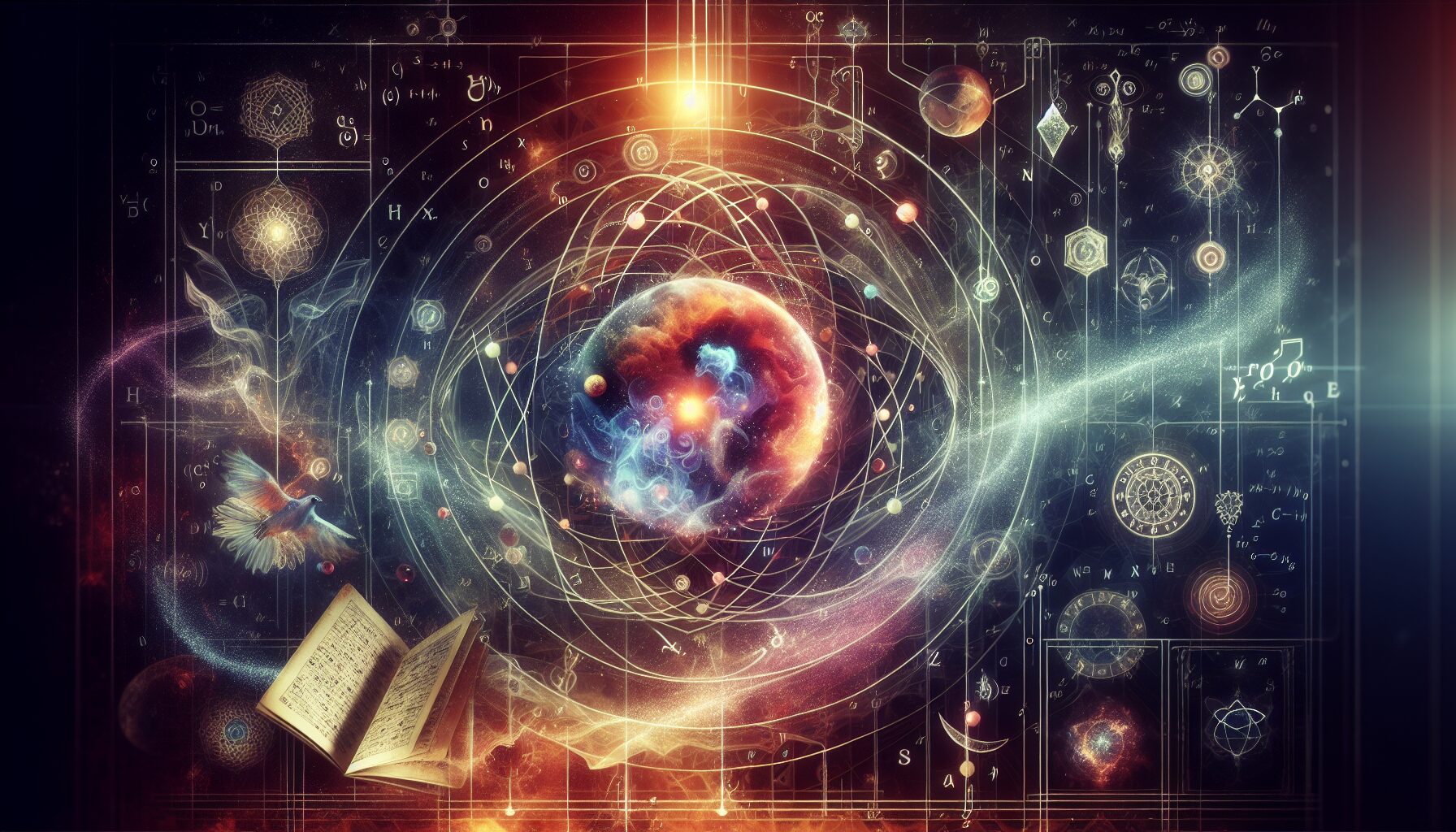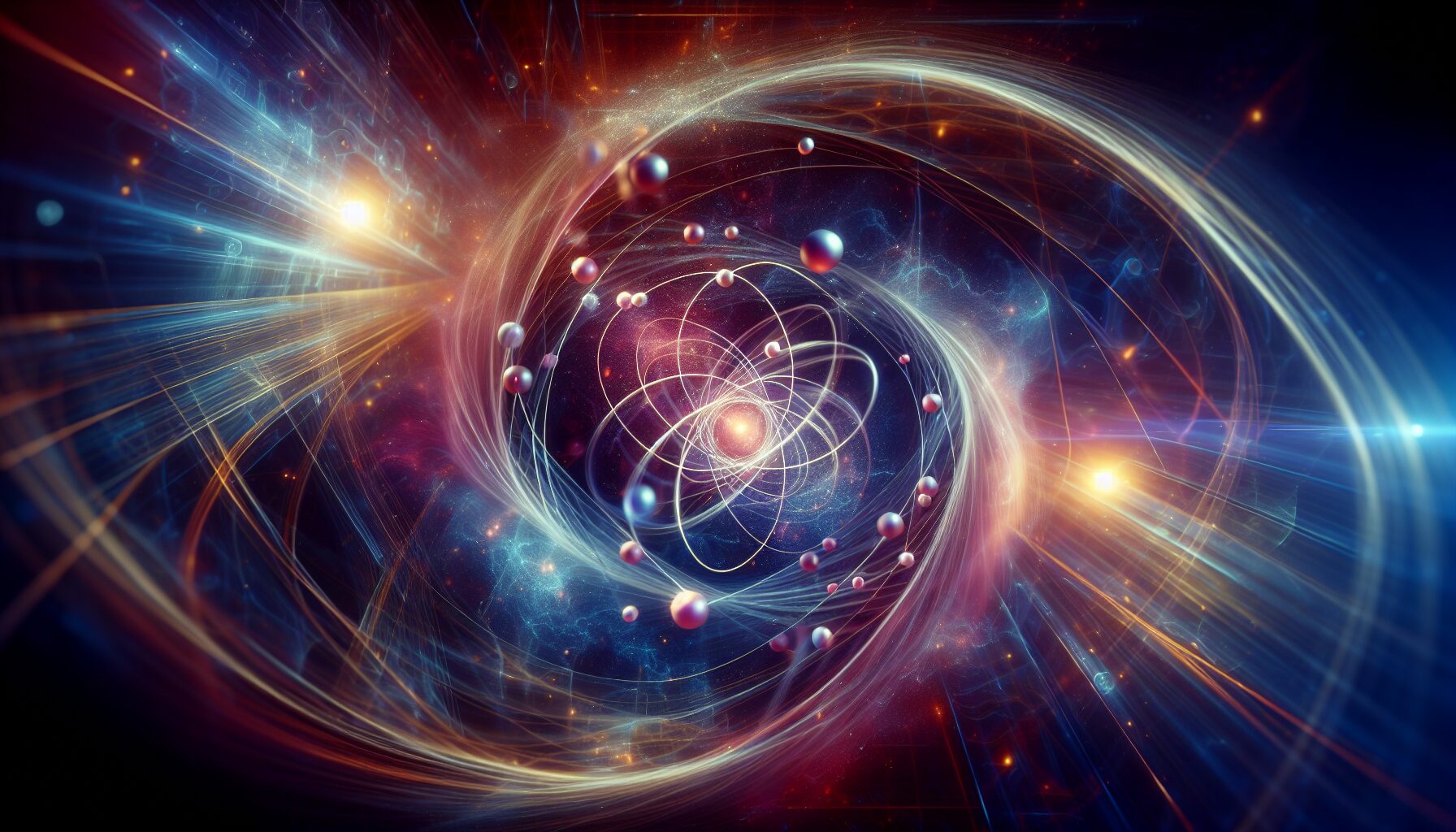Quantum Oracles: Science Predicting Fate
The quest to understand the future has driven human curiosity for centuries. From ancient diviners using the stars to predict events to modern-day science fiction authors envisioning advanced AI predicting global events, the fascination with foresight persists. In an era where quantum physics is reshaping our understanding of reality, the concept of a “quantum oracle”—a theoretical construct that combines quantum computing with predictive modeling—emerges as a tantalizing possibility.
The Concept of Quantum Oracles
At its core, a quantum oracle is a hypothetical device or system designed to leverage the principles of quantum mechanics to predict future events with unprecedented accuracy. This concept extends from quantum computing’s potential to solve complex problems exponentially faster than classical computers. Quantum computing operates on the principles of superposition and entanglement, allowing it to process vast amounts of data simultaneously.
While the idea of quantum oracles remains largely theoretical, the potential uses are immense. Quantum oracles could transform industries by providing insights into financial markets or predicting the outcomes of complex systems such as climate change models. But how realistic is the concept of such oracles, and what scientific principles support their feasibility?
Quantum Mechanics: The Underlying Science
Quantum mechanics, the science governing the smallest particles in the universe, is inherently about probabilities rather than certainties. Instead of predicting an exact outcome, quantum mechanics allows for the calculation of probabilities of various outcomes—essentially creating a framework for understanding potential futures.
As Richard Feynman, a renowned physicist, famously stated, “I think I can safely say that nobody understands quantum mechanics.” Despite its complexities, quantum mechanics has been instrumental in developing technologies such as semiconductors and MRI machines. The field’s potential to revolutionize predictive analytics remains a potent area of research.
The Role of Quantum Computing
Quantum computing, operating on qubits that can exist in multiple states at once, offers the computational power to process and analyze large datasets far more efficiently than classical computers. This capability could theoretically support the development of quantum oracles by providing the basis for incredibly nuanced predictive models.
“The power of quantum computing is such that it can analyze huge datasets on a scale unimaginable to classical computers, thereby enabling more accurate predictions based on probabilities,” explains Scott Aaronson, a prominent theoretical computer scientist and computational theorist.
One real-world application is in quantum finance, where quantum computing is beginning to provide deeper insights into market dynamics and risk assessments. These applications hint at the potential of quantum oracles in financial forecasting, among other areas.
Challenges and Ethical Considerations
Despite the promising potential, the creation of quantum oracles is fraught with challenges, primarily due to the nascent state of quantum computing technology. Significant technical hurdles, including error correction and qubit stability, remain unresolved in fully operational quantum systems.
Furthermore, the ethical implications of predictive quantum technology must be considered. The ability to predict future events could lead to profound societal changes, including privacy concerns and socioeconomic disparities. As with any powerful technology, quantum oracles could be misused if not carefully regulated and ethically implemented.
- Technical Hurdles: Developing stable and efficient quantum computers remains a fundamental challenge.
- Data Privacy: Large datasets necessary for predictions raise concerns about privacy and data security.
- Societal Impact: Predictive capabilities must be aligned with ethical standards to prevent misuse.
The Future of Quantum Oracles
As quantum computing continues to advance, the potential for quantum oracles moves from the realm of science fiction to a future possibility. Researchers continue to explore the ways quantum mechanics can inform predictive models, striving to develop practical approaches to harnessing its power.
While we are not yet at the point where quantum oracles can predict the future reliably, the advances in quantum theory and computation paint an optimistic picture. The pursuit of understanding fate through scientific exploration can lead to discoveries that fundamentally change how we interact with the world, much like the shifts brought about by the scientific revolutions of the past.
Ultimately, the journey of quantum oracles is not just about technological achievement but also about grasping the deeper philosophical questions about fate and the future. As technology progresses, so too must our understanding of its implications, ensuring that our pursuit of knowledge remains balanced with wisdom.






